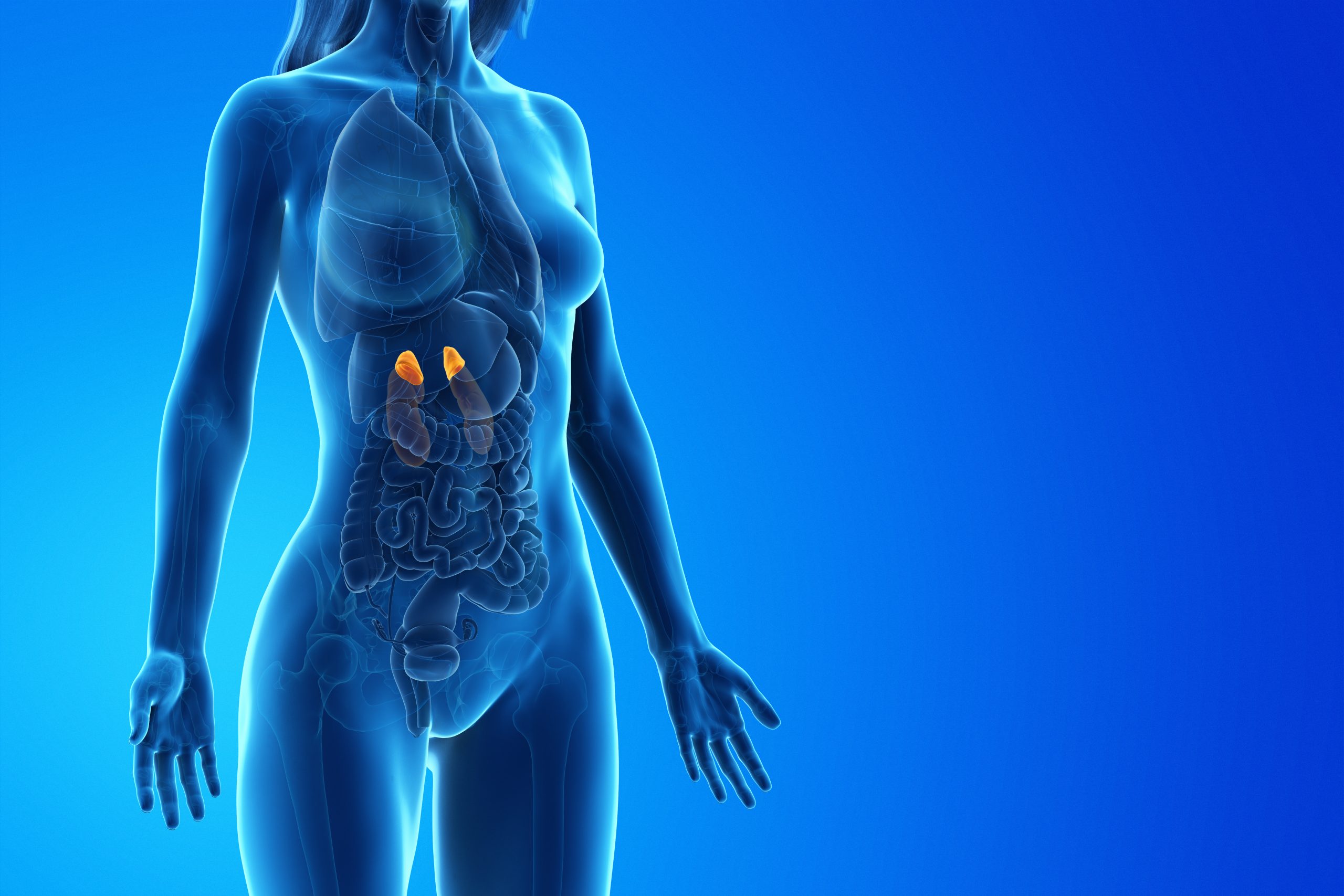Your cart is currently empty!
Move Your Body: The Amazing Benefits of Regular Exercise

Exercise is often seen as a chore, but it’s actually one of the best things you can do for your health. Regular physical activity has numerous benefits for both your physical and mental wellbeing. In this blog post, we’ll take a comprehensive look at the benefits of exercise and provide some tips on how to get started.
Physical Benefits of Exercise
Where do we start? Exercise, and indeed any physical activity, has a whole host of benefits.
- Improved cardiovascular health: Exercise helps strengthen your heart and improve your circulation. This can reduce your risk of heart disease, stroke, and other cardiovascular problems.
- Weight management: Exercise can help you burn calories and lose weight. It can also help you maintain a healthy weight.
- Stronger bones and muscles: Exercise helps to build and maintain strong bones and muscles. This can reduce your risk of osteoporosis and injuries, which is increasingly important as we age.
- Improved balance and coordination: Exercise can help to improve your balance and coordination. This can reduce your risk of falls.
- Better sleep: Exercise can help you sleep better at night.
- Increased energy levels: Exercise can help you feel more energized throughout the day.
- Reduced risk of chronic diseases: Exercise has been shown to reduce the risk of chronic diseases such as type 2 diabetes, cancer and arthritis.
Mental Benefits of Exercise
Not only is physical activity important for our bodies, it has a positive impact on our mental health and wellbeing too.
- Reduced stress: Exercise is a great way to reduce stress. It can help to clear your mind and improve your mood.
- Improved mental health: Exercise has been shown to be effective in treating depression and anxiety.
- Boosted self-esteem: Exercise can help you feel good about yourself.
- Improved cognitive function: Exercise has been shown to improve cognitive function, including memory and concentration.
- Increased happiness: Exercise can help to increase your levels of endorphins, which are natural mood boosters.
How Much Exercise Do You Need?
The NHS recommends that adults should aim for at least 150 minutes of moderate-intensity activity or 75 minutes of vigorous-intensity activity each week. You should also do strength exercises that work all major muscle groups on two or more days a week.
Tips for Getting Started with Exercise
Getting started is the hardest bit, and many a good intention has fallen by the wayside after a few days. Here are our top tips for a sustainable way to get your body moving:
- Start slowly: If you’re not used to exercising, start slowly and gradually increase the intensity and duration of your workouts. This should stop you overdoing it and giving up!
- Find an activity you enjoy: There are many different types of exercise, so find something that you enjoy and that you’re likely to stick with.
- Make it a habit: Try to exercise at the same time each day. This will help you make it a habit.
- Find a workout buddy: Exercising with a friend can make it more fun and motivating.
- Set realistic goals: Don’t try to do too much too soon. Set realistic goals and celebrate your progress.
- Ensure it’s convenient: If you have a busy life, try an online exercise program that you can do from home.
Conclusion
Regular exercise is one of the best things you can do for your health. It has numerous benefits for both your physical and mental well-being.
By following the tips in this blog post, you can get started on your journey to a healthier and happier life.
Please note: This blog post is for informational purposes only and should not be considered medical advice. You should always consult with a medical professional before commencing any new exercise program or activity.





